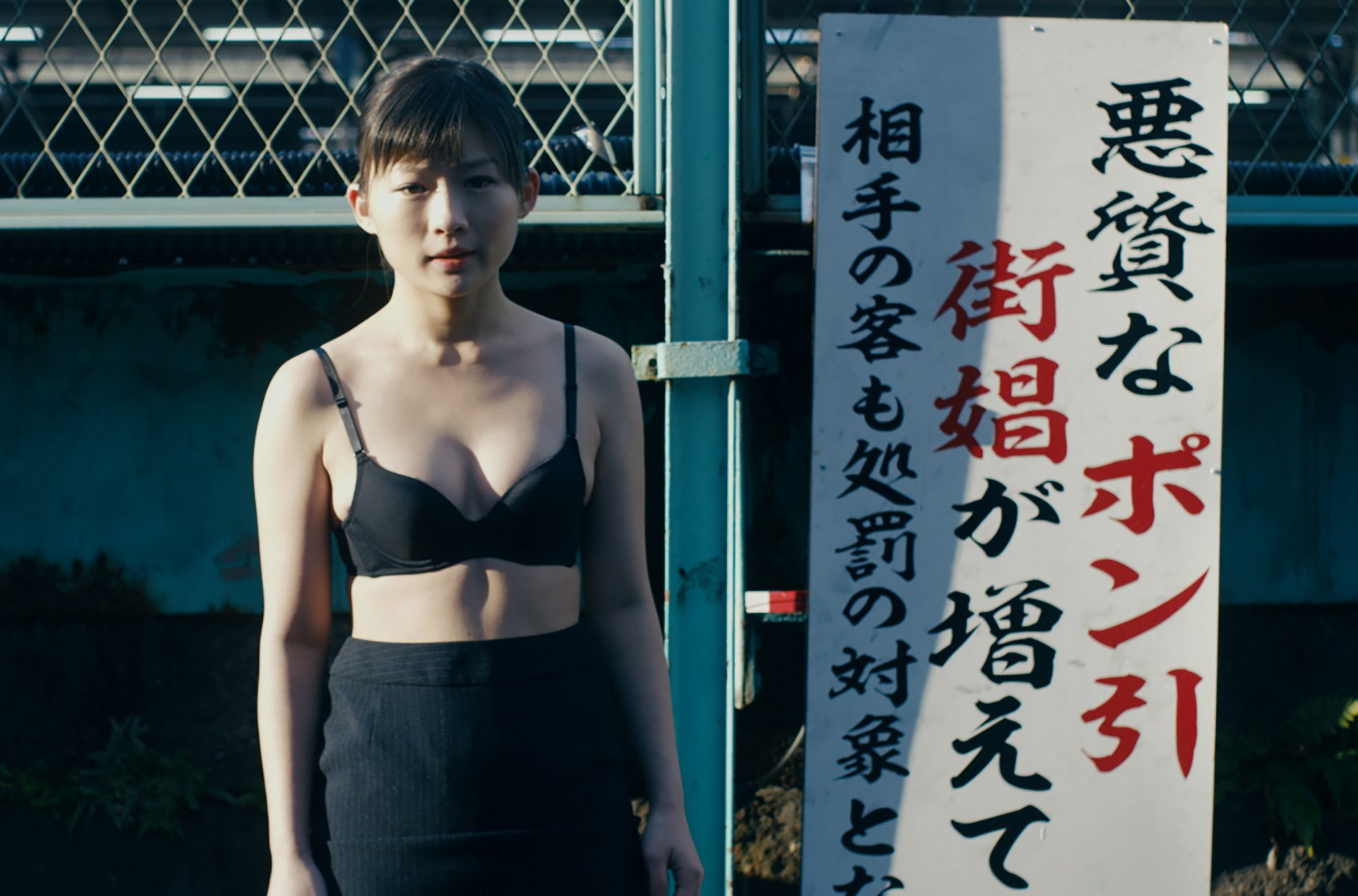“If you ask me, my life ain’t worth shit.” So reflects the central narrative figure, Kano in the opening moments of Kana Yamada’s directorial debut Life: Untitled. It is a tragic, yet fitting, reflection of the character’s position in life, and within Japanese society as both a woman and someone involved in the sex work industry. Japanese film has a long history of ‘brothel cinema’, exploring the otherwise taboo subjects of sex, sexuality and prostitution within a society that has been, for the most part, conservative about the subject.
Adapted from her own stage play, Yamada clearly wishes to carve a new niche within the sub-genre for herself. She focuses less on the act of sex itself. Instead, she explores the lives of those involved with the industry and the way they intersect with one another in the apartment the characters operate out of.
Life: Untitled feels very much like a stage play; retaining one primary location and unfolding as a series of vignettes exploring the characters and the lives they lead. This works for the most part, suiting the type of narrative Kamada wishes to portray. Naive and innocent Kyoko is desperately in love with Ryota, one of the drivers who believes himself above the affections of a prostitute; popular Miharu struggles with her own manic depression through a veneer of overt positivity and manipulation; Hagio fights to come to terms with his secret double life as a male prostitute. All the characters find themselves living in a strange state of limbo, ‘untitled’ and waiting for their lives to begin.
Even Kano, portrayed excellently by Sairi Ito, finds herself lost in the void. She applies to be a call girl initially, before backing out and instead opting to serve as one of the business’ caretakers. This is a decision which lands her in a unique role as an outsider to both the other prostitutes and the men she works with. It is this viewpoint that guides the audience through the film, initially entering into the characters’ world with abundant curiosity before turning to frustration with the rejection she faces. This comes not only from her peers but from a society that relies upon sex work but simultaneously punishes those involved in it, an issue far from unique to just Japan.
Life: Untitled is a frank and unfiltered depiction of the sex work industry, reminding audiences that all these characters are uniquely human. Each is brimming with character, and Kamada’s powerful writing balances occasional dark humour with tragedy. Unfortunately, that is not necessarily enough to lift the film to the heights for which it aims.
Lacking an overarching narrative, Life: Untitled simply plods along from scene to scene. This meandering means that it doesn’t give enough time to fully realise some of the characters or facilitate their development. As a slice-of-life-style film, this may be the point but that does not stop it from being unsatisfying. Likewise, each character (almost mandatorily) has some past trauma or issue that has led them to prostitution, but rather than actively voice frustrations with an oppressive system, the characters turn to bickering and in-fighting that feels almost petty. Even what could generously be called the climax comes and goes with little fanfare or resolution.
Life: Untitled is a bold directorial debut for a promising director with the trappings of something great. In terms of breaking ground for a new wave of Japanese ‘brothel-cinema’, while enjoyable (and it is certainly refreshing to see a female director take the reins), it ultimately barely scratches the surface.
Available on-demand as part of Fantasia Festival from Thu 20 Aug 2020
